Profitable in the broader meaning, but mostly financially, as we'll see.
That's what DAOs are supposed to be: communities. And that's also what NFT collections are supposed to be too. That's an extremely useful concept anytime you need coordination towards a common goal, for a given economic activity, without the frictions traditional structures experience.
Yet, we're not having much community build up, for the moment, or in a very closed-minded mindset. Why is that?
To me, that's because, for most use cases of coordination, we'd need transactions to be extremely cheap, like what we have in L2s. With expensive transactions, you only attract wealthy communities or ones that produce lots of money, notably through investment. But that's because L2s weren't fully ready yet, for this cycle. And that's most probably the next phase: use cases on L2s; unless if it's tokenized physical items. Or unless if it's a mix of these two concepts?
So, communities, ok, cool... but then... what for?
Let's face it, the biggest concern people are interested in is being recognized by the market as having provided valuable services. Aka, being rich. We're seeing it first hand right now. Because that's how you get the cooperation from others for (almost) whatever interests you anyway.
And the limit most people reach in this is the human limit: you can only go so far as your own body can go. One job, full time, is already much if you're brave enough, you can try doing more, but you quickly reach that limit, whatever the means of production you use, because they're not scalable, they're limited by your own body. And that's precisely why skilled investors are so successful: they don't just use their body, they use other means of production, scalable ones.
People want to do that. They want to provide services with more than their body. They want to own things that service others such that they're paid for it. They're already ready for that. They even do it, sadly with lots of unnecessary efforts (and that's the point, here), but under another name: side hustle, side gigs, that sort of things.
Platforms for many services between people could exist. Electricity, for instance, is a pretty good use case and has already been show cased in Brooklyn, thanks to another crypto. People provide a service beyond what their body can provide and they're paid for it. And whenever they need it, they pay it from others too, at a lesser cost compared to traditional market prices. That's useful, that's productive.
We can have many more such services. Closed-circuit food providers, for instance, or short-rent housing services, that sort of things. We already have such platforms, but they're centralized. They're necessarily distorting prices because they're not in a frictionless market.
[link] [comments]

You can get bonuses upto $100 FREE BONUS when you:
💰 Install these recommended apps:
💲 SocialGood - 100% Crypto Back on Everyday Shopping
💲 xPortal - The DeFi For The Next Billion
💲 CryptoTab Browser - Lightweight, fast, and ready to mine!
💰 Register on these recommended exchanges:
🟡 Binance🟡 Bitfinex🟡 Bitmart🟡 Bittrex🟡 Bitget
🟡 CoinEx🟡 Crypto.com🟡 Gate.io🟡 Huobi🟡 Kucoin.
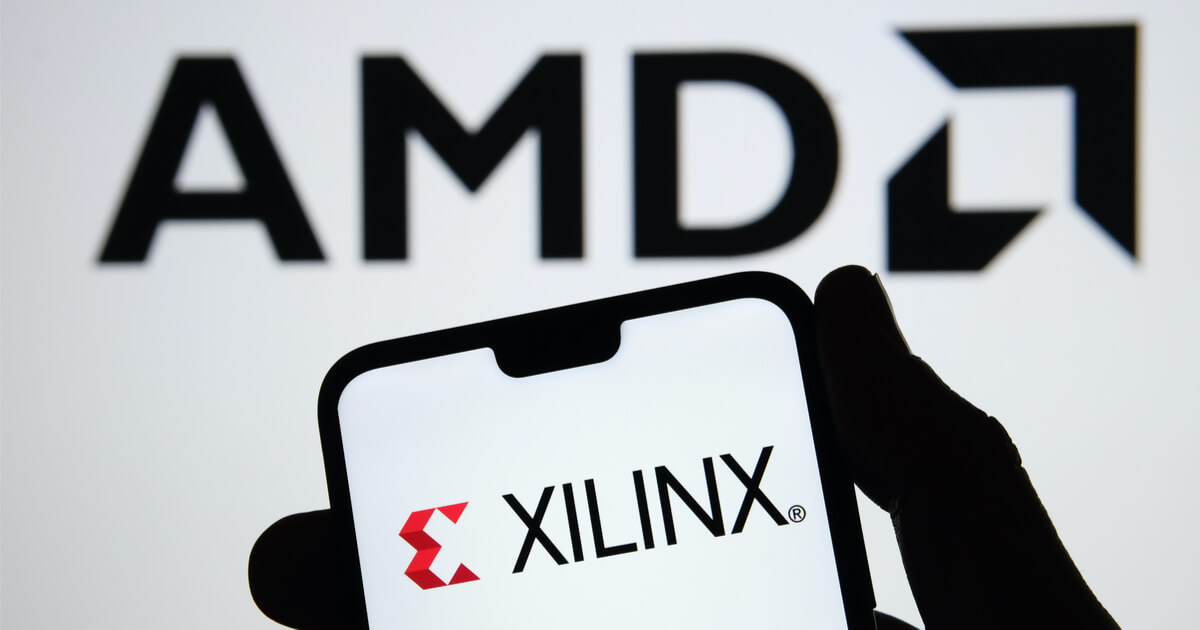




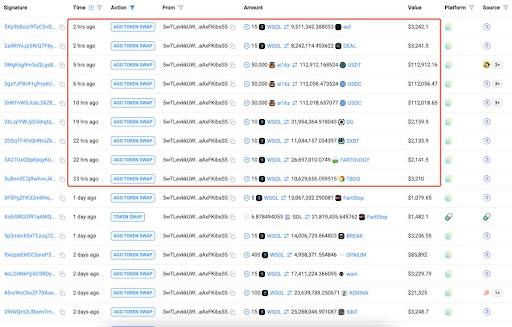
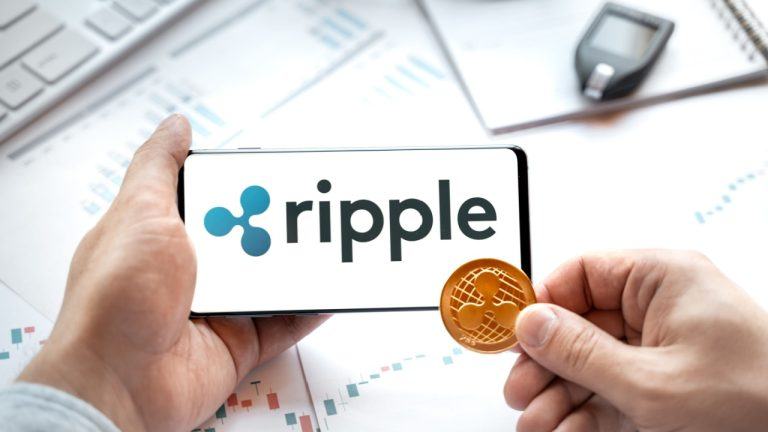

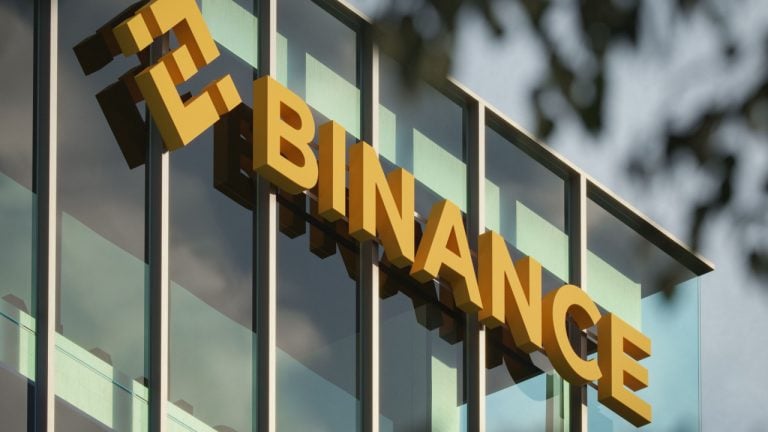


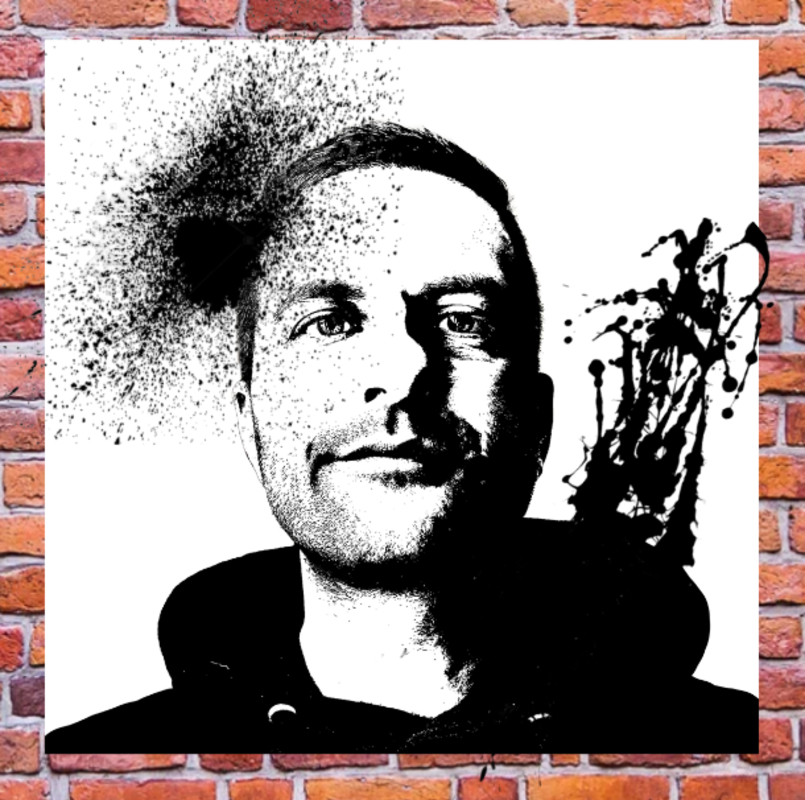

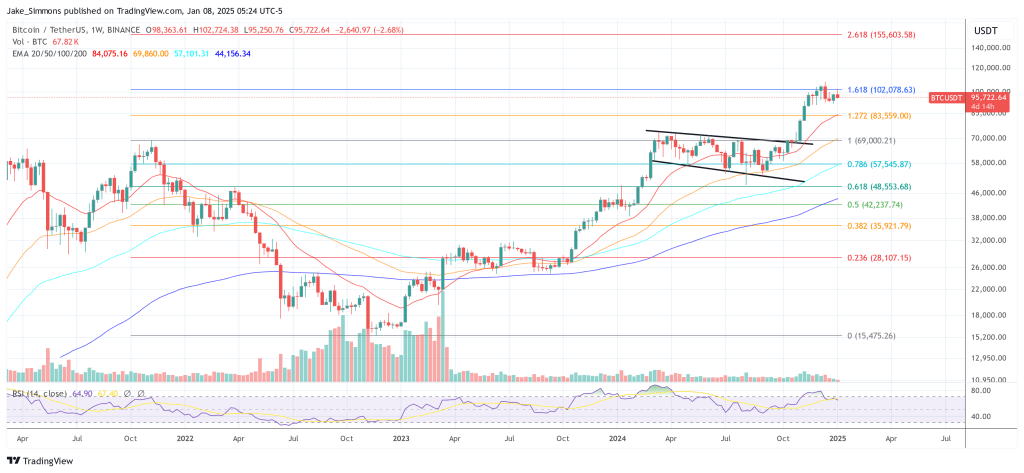

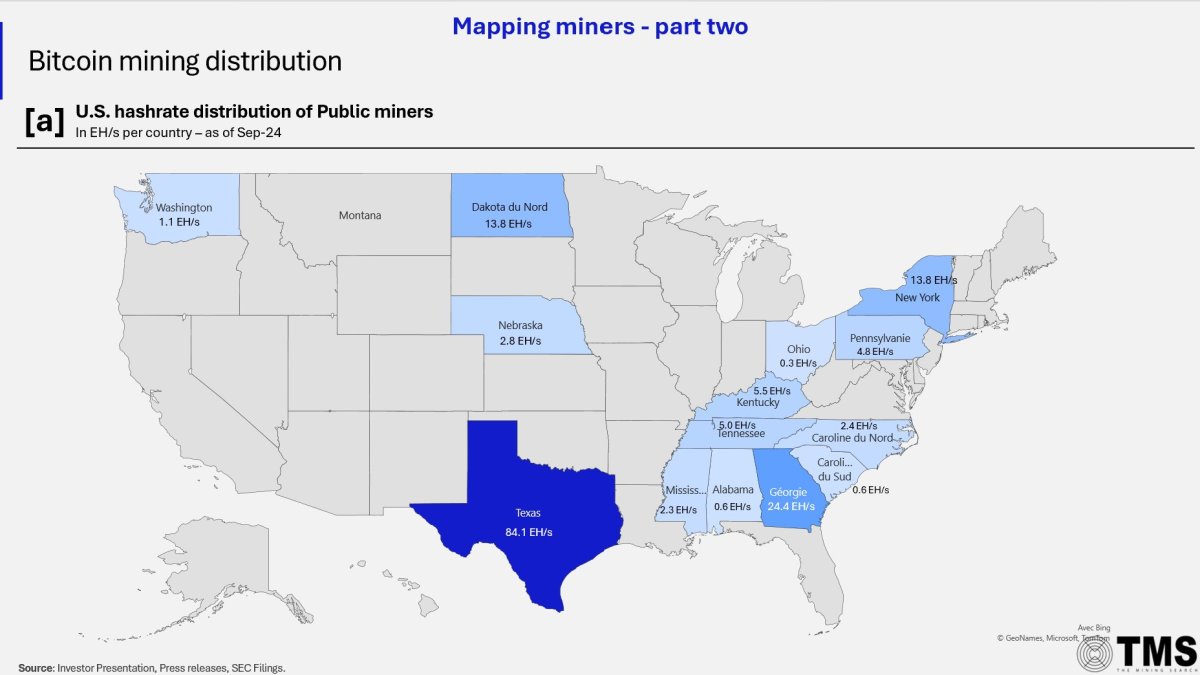




Comments